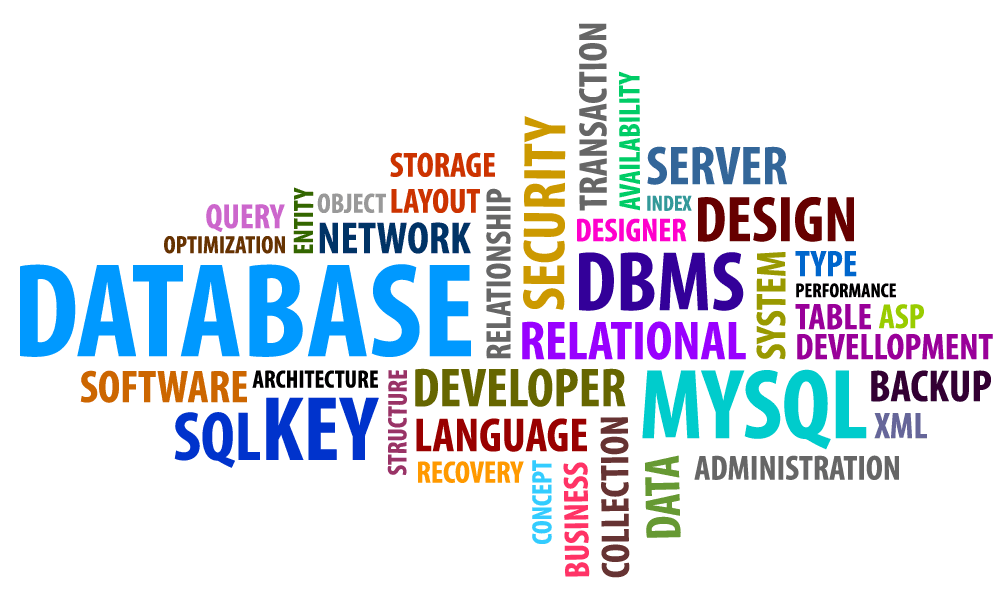The Importance Of Learning Database
Best Database Learning institute in srinagar jammu & kashmir
Learning about databases is essential in today's data-driven world for a variety of reasons:

Databases are the backbone of data management. They provide a structured way to store, organize, and retrieve data, making it easier to work with large and complex datasets.
Databases enable efficient retrieval of specific information from vast datasets. This is crucial for businesses, researchers, and individuals seeking to access relevant data quickly.
Understanding databases is essential for data analysts and data scientists. Databases store the raw data that analysts use to derive insights, make predictions, and inform decision-making.
Databases are integral to web development. They store user information, website content, and transaction data, enabling dynamic and interactive web applications.
Databases are central to various business applications, including customer relationship management (CRM) systems, inventory management, and sales tracking. Knowledge of databases is essential for developing and maintaining these systems.
Learning about databases includes understanding how to secure sensitive data. Database administrators and developers implement access controls, encryption, and auditing to protect data from unauthorized access and breaches.
Databases store historical data that can be used to create reports, dashboards, and data visualizations. This is vital for businesses to track performance, identify trends, and make informed decisions.
E-commerce platforms rely on databases to manage product catalogs, inventory, and customer orders. A solid understanding of databases is essential for building and managing online stores.
In an era of data from various sources, understanding databases helps professionals integrate and consolidate data from multiple systems, ensuring consistency and accuracy.
In healthcare and scientific research, databases store patient records, experimental data, and research findings. Researchers and healthcare professionals depend on databases for data management and analysis.
Government agencies use databases for various purposes, including census data, tax records, and public service management. Understanding databases is vital for effective governance and service delivery.
Educational institutions use databases to manage student records, course information, and administrative data. Knowledge of databases is valuable for educators and administrators.
Whether you're managing a personal budget, cataloging a collection, or creating a blog, databases offer a structured way to organize and retrieve information for personal projects.
Proficiency in databases is a valuable skill in the job market. Database administrators, data analysts, data engineers, and database developers are in high demand across various industries.
The field of databases is constantly evolving, with new technologies and trends emerging. Learning about databases ensures that you can adapt to changing data management practices and technologies.
Contact
Connect with us and unlock your potential in the world of technology. Let's build your future together - reach out to us and see how Code Today can help you achieve your goals.